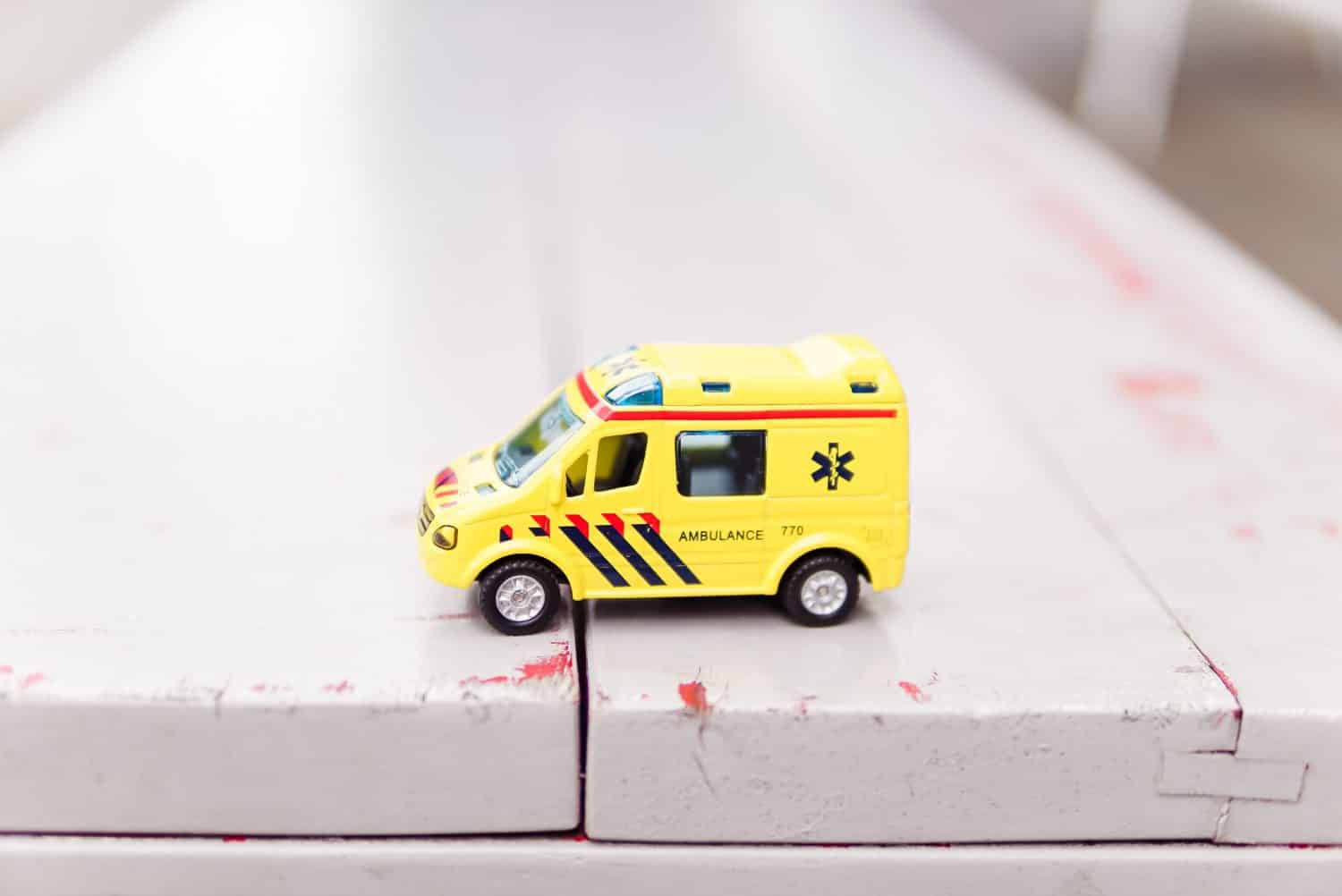
Many people with addictions working towards lasting recovery will at some point experience relapse.
While this can be a difficult truth to accept, it is important to acknowledge it and to think of relapse in the correct context. It is not an end to the recovery process, but a part of that process.
Many people with addictions experience multiple relapses before achieving lasting recovery. If you consider relapse as a disruption to your recovery that you can learn from and use as an opportunity to reaffirm your commitment to sobriety, you have taken an important step towards lasting recovery. You may decide that you need to make adaptations to your recovery plan or reenter treatment. These are proactive, positive responses to relapse.
A Learning Opportunity
Relapse can be deeply discouraging. However, approaching it as an opportunity to learn and to reaffirm commitment to recovery can lead to a positive response that will ultimately benefit recovery.
Brain Chemistry
It is important to understand that addictive behaviour has a lasting impact on the structure of the brain. Over time, the damage done by addiction will be repaired. This process will be assisted by evidence-based treatment methods such as individual therapy, cognitive behavioural therapy and group counselling. However, the lasting impact of addiction will lead the brain to continue to demand addictive substances during recovery; this is one of the causes of cravings. This is part of what makes relapse so difficult to avoid. However, over time and with hard work, the brain’s structure will be repaired. This means that, even after experiencing relapse, if you return to recovery, you are allowing your brain to continue its work and are strengthening your resistance to future relapses.
Setbacks Are Part of Recovery
For a person with addictions who have experienced a relapse, it can be easy to think that this means that all their recovery work up to this point has been wasted. However, this is not the case and it is important to avoid this line of thinking. Recovery is a lifelong process and it is natural to experience setbacks.
Do Not Make Excuses or Blame Others
It is important not to make excuses or to try to blame other people or circumstances for your recovery. It is also important not to be too critical of yourself. Overcoming addiction is an intensely difficult process. You should not feel ashamed of encountering challenges during this process. Rather than becoming discouraged or assigning blame, it is much better to consider why the relapse occurred. In this way, you can use it as a learning experience that will ultimately benefit your recovery.
A Thorough Assessment
Conduct a thorough assessment of what caused your relapse. Discuss it with those close to you who are supportive of your recovery. If you are participating in aftercare programming, therapy or support meetings, use these settings to discuss and consider your relapse. Being honest and communicative will help you to learn from your relapse and to strengthen your foundation for lasting recovery. You should be honest and accountable for any damage done to yourself or others during relapse. Try to make amends for any mistakes that you have made and move forward.
Identify Relapse Triggers
Try to identify what triggered your relapse. Identifying relapse triggers and developing methods for coping with them is a crucial aspect of recovery. There may have been a number of different contributing factors in your relapse. Stress, anxiety and depression are common relapse triggers. Difficulties in relationships or at work are often contributing factors.
Returning to an old social group with whom you once drank or used drugs can also be very triggering. Alternatively, feelings of isolation or alienation can often lead to cravings to use. Conducting a thorough assessment of the contributing factors to your relapse will help you to make necessary changes to your life to avoid these triggers in the future. It will also help you to prepare yourself to face any triggers you cannot avoid.
The Roots of Relapse
The roots of relapse usually begin to emerge sometime before the actual event. It is easy to miss warning signs as they emerge, but thinking back over the time before a relapse can help you to learn from it. If you experienced increased physical cravings, anxiety, stress or depression, these are common relapse triggers. Sometimes intense remorse for past addictive behaviour can also serve as a trigger. Feelings of isolation and a lack of support can also trigger a relapse. If you can trace the path that led to your relapse, you will be better prepared to avoid it in the future.
Reduced Responses
Some people in recovery find that their responses to ordinary stimuli have been diminished by their addiction and come to feel that they will not be able to achieve true pleasure or relief without addictive substances. This can make returning to addictive behaviour very tempting. However, as you continue in your recovery, your responses to other stimuli will gradually increase.
Complacency
A reduced commitment to aftercare, therapy or support meetings may also signal an approaching relapse. Addicted people sometimes become complacent in their recovery after a long period of sobriety, which can make them less prepared to deal with relapse triggers when they do emerge.
Carefully consider whether these or any other relapse triggers began to emerge in the time before your relapse. This will help you to develop methods for dealing with triggers in the future and preventing relapse.
Adaptations to Recovery Plan
Once you have worked to identify the underlying causes of your relapse, you should consider whether there are any adjustments you should make to your recovery plan. It will be useful to discuss this with people who are close to you, a therapist, or in aftercare or support meetings. The perspectives of others who are supportive of your recovery, and perhaps have had similar experiences themselves, can be very useful if you are receptive to them.
Anything that you learn from your relapse can inform your recovery plan moving forward. It might also be useful to consider specific recovery goals that you can implement. This is a practical approach that can be very motivating and can make the overall recovery process seem less daunting.
Healthy Coping Mechanisms
When considering adjustments to your recovery plan, it might be worth adding some new activities or hobbies into your schedule. This can provide a number of benefits, including helping you to build new social contacts and helping to avoid boredom, a common relapse trigger. Activities involving exercise will also help you to process negative emotions in a healthy, progressive manner rather than by using substances. Spending time outdoors has also been proven to benefit recovery.
Remember Your Motivations
After a relapse, it is useful to focus on your motivations for working towards lasting recovery. Think of the consequences of your past addictive behaviour and how hard you worked to achieve sobriety. Consider the benefits that your efforts have already created. If you are feeling discouraged, returning to your previous addictive behaviour may seem tempting. However, thinking about the emotional, psychological and physical consequences of this behaviour for yourself and those around you will help you to reaffirm your commitment to recovery.
Don’t Think That Treatment Has Failed
If you have previously participated in addiction treatment and experience relapse, you might feel that treatment has failed for you and that there is no point in trying it again. However, this is not necessarily the case. Lasting recovery requires continued commitment and hard work every day.
Again, it is much better to think of relapse as a temporary setback that you can learn from, rather than an ultimate failure. Recommitting to treatment or to aftercare programs is a positive and progressive response to relapse. This will help you to identify the causes of your relapse and to develop methods for coping with them more progressively in the future. Many addicted people experience multiple relapses before achieving lasting recovery.
It is possible that the treatment you received previously was not suited to your needs and that you require a more evidence-based, client-centred treatment model to truly help you towards lasting recovery. It is also possible that you will be better prepared for treatment and will benefit from it more having achieved recovery for a time before relapsing. Relapse is a challenging and discouraging experience, but if you respond to it positively it can be an important part of your journey towards lasting recovery.
If you have any questions or concerns about relapse in addiction recovery, contact Trafalgar Addiction Treatment Centres today.





